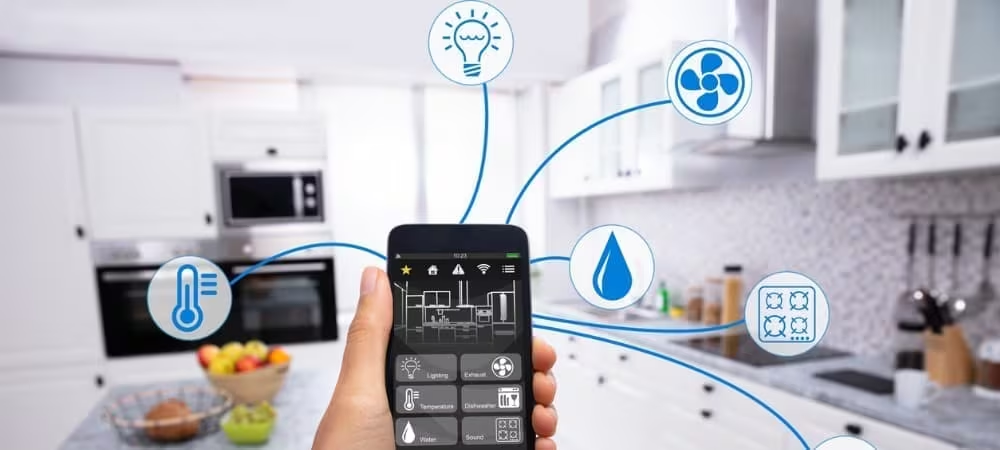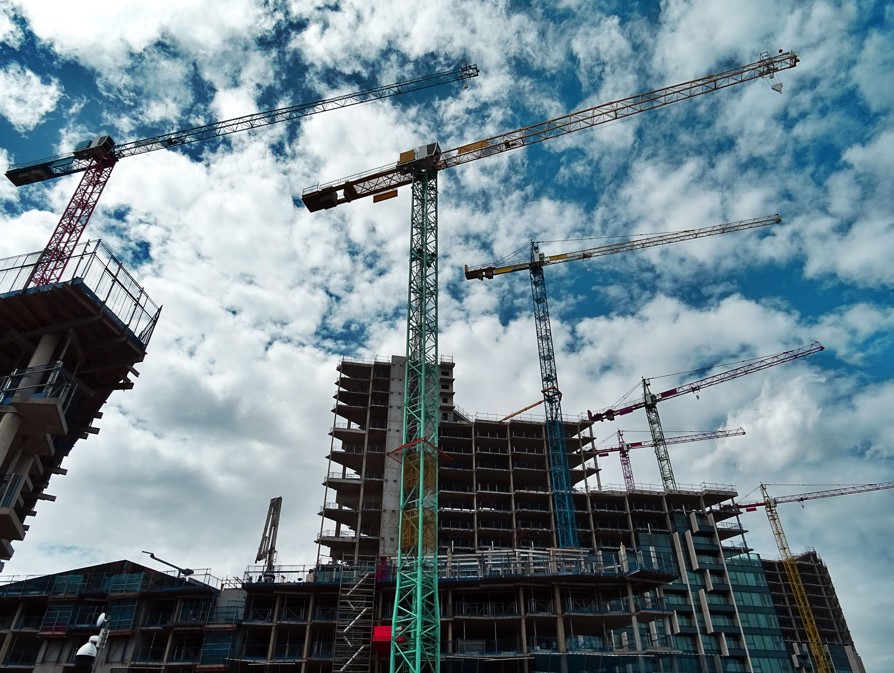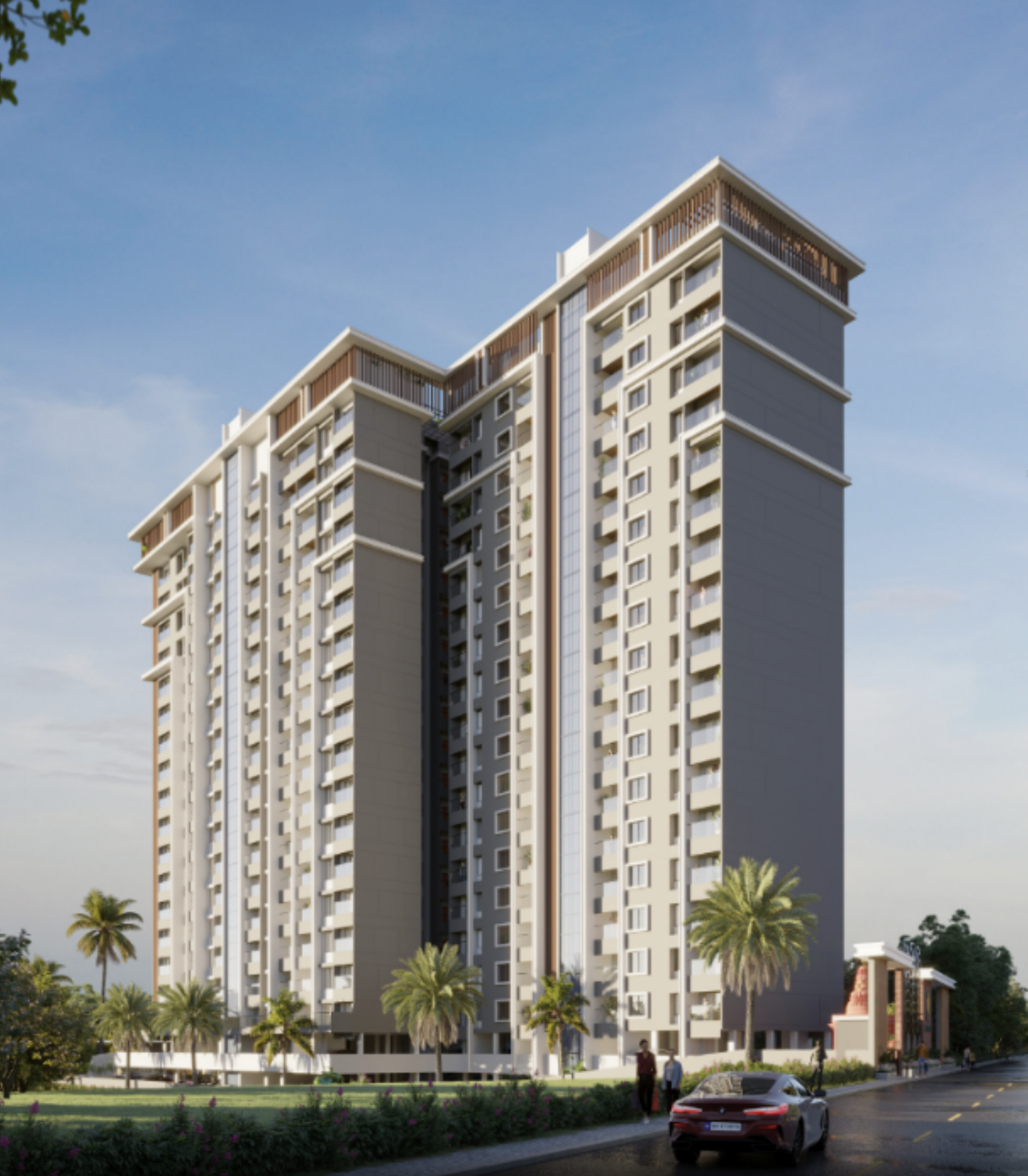The concept of a smart home is no longer futuristic—it’s here. In today’s real estate market, integrating smart technology is not just a luxury; it’s increasingly becoming a standard that adds significant value to properties. This comprehensive look explores the adoption of smart home technology in modern residential projects.
What is a Smart Home?
Smart homes utilize interconnected devices designed to manage and enhance daily living. These devices can control lighting, climate, entertainment systems, and security, and are often manageable remotely via smartphones or other networked devices.
Benefits of Smart Home Technology:
- Convenience: Control essential home functions from anywhere, saving time and enhancing comfort.
- Energy Efficiency: Automated systems like smart thermostats and smart lights adjust based on usage patterns to reduce energy waste.
- Security: Advanced systems provide monitoring and alerts for unusual activity, offering peace of mind with features like motion sensors, surveillance cameras, and automated locks.
- Customization: Smart homes can learn from your preferences to create environments that reflect how you live and work, adjusting elements like lighting and temperature automatically.
Ram India Corp’s Integration of Smart Technology:
Ram India Corp has recognized the value of smart technology and is incorporating it into their housing projects to enhance livability and attract tech-savvy buyers. Their homes are equipped with the latest in smart technology, from energy-efficient appliances to fully integrated home automation systems. This not only appeals to a modern homeowner but also sets the properties apart in the competitive market.
Case Studies of Smart Technology in Action:
Imagine a scenario where you wake up to the curtains of your bedroom automatically drawing to let in the morning sun, the coffee machine brewing your morning cup precisely when you get up. In Ram India Corp’s developments, such scenarios are everyday realities. Homeowners benefit from integrated systems that ensure optimal security, efficiency, and comfort.
Future Trends in Smart Home Technology:
The future of smart homes is likely to see more AI-driven solutions, where your home not only responds to your commands but anticipates your needs. The integration of renewable energy sources, like solar panels, with smart energy systems could further revolutionize how energy is consumed and conserved in residential spaces.
Challenges and Considerations:
Despite the allure of smart homes, there are challenges such as data security and privacy concerns. Potential buyers should be aware of these issues and seek solutions that offer robust security measures. Maintenance of these advanced systems is also crucial and should be considered when investing in a smart home.
Smart homes represent the next evolution in residential living, offering a blend of comfort, security, and efficiency that was once unimaginable. Embracing this technology is not just about keeping up with trends but about foreseeing and shaping the future of living spaces. As we move forward, the integration of technology in homes will continue to grow, making smart homes a standard feature of modern living.






